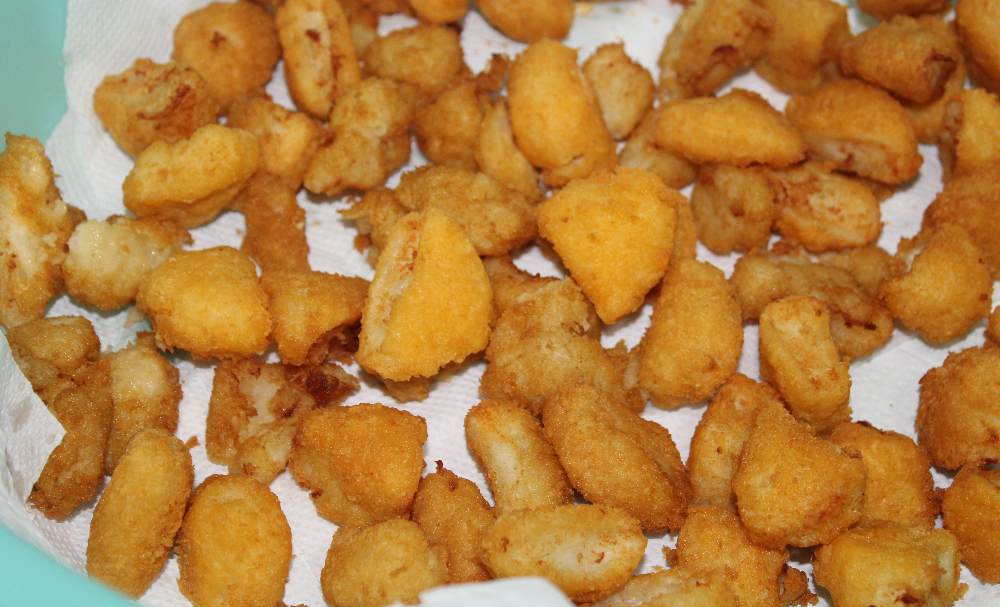The Department of Fisheries and Watershed Management, in collaboration with the Department of Food Science and Technology and the Department of Animal Science at KNUST, has successfully developed fish sausages and nuggets using the African bonytongue fish (Supaku).
This innovation forms part of the Increasing Productivity of Aquaculture in Ghana (iPAG) project, which aims to enhance aquaculture productivity through research, innovation, and value addition.
Traditionally, the African bonytongue fish (Heterotis niloticus), commonly called Supaku, is consumed as fermented or salted fish (momoni). Supaku has remained underutilized in both fresh and processed forms.

To unlock its full commercial potential, the research team explored value addition through modern processing techniques.
This effort resulted in the creation of convenient, ready-to-cook products that appeal to a wider range of consumers, particularly in urban markets.
The fish sausages and nuggets underwent a comprehensive sensory evaluation to assess key attributes such as taste, texture, aroma, and overall consumer acceptability.
By introducing new, consumer-friendly products, the project responds to shifting dietary preferences and provides healthier protein alternatives for individuals seeking to reduce red meat consumption.
Preparations are currently underway to introduce the products to local markets.
The initiative was coordinated by Prof. Daniel Adjei-Boateng of the Department of Fisheries and Watershed Management, Dr Antoinette Anim-Jnr of the Department of Animal Science, and Dr Abena Boakye of the Department of Food Science and Technology.
The research was funded by KNUST Research Fund (KReF) and DANIDA under its Science Engagement Project.

















